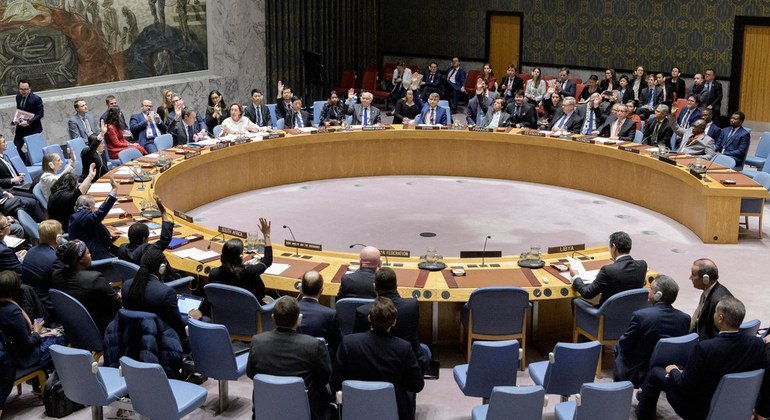
Political analyst Jamal Al-Falah has criticised ongoing discussions about forming a new government in Libya, saying such efforts will only prolong instability if the United Nations Security Council continues to lack seriousness in its approach to the country’s political crisis.
Speaking to the Zero platform on Facebook, Al-Falah commented on the recent briefing by UN envoy Hannah Tetteh, who outlined a roadmap to the Security Council that links government formation to an agreement between the House of Representatives and the State Council on amending electoral laws.
He noted that the mission’s survey supported holding presidential and parliamentary elections simultaneously but stressed that “an agreement between the two councils on issuing fair and just electoral laws is impossible,” adding that their disagreement was one of the main reasons behind the repeated delays in elections.
Al-Falah argued that Libyans have lost faith in both domestic political institutions and the international community.
“Even if the two councils agree, Libyans have lost confidence in the intention of all political bodies to go to elections, whether the two councils or those behind them,” he said.
He recalled previous promises by the international community and the Security Council to punish those obstructing the December 24 elections but pointed out that no action or naming of individuals had taken place.
“Forming a new government under the current circumstances and the Security Council’s lack of seriousness means repeating the past scenario, wasting time, and prolonging the transitional phases and the crisis. The real obstacle is the de facto authorities,” Al-Falah stated.
He insisted that a referendum on the constitution should be held before any government formation to ensure the rights of Libyans in the next phase. “We do not want to continue living in chaos and the fragility of state institutions. Every president elected through presidential elections will remain in power indefinitely due to the absence of a constitution. So, the constitution comes first, followed by elections,” he concluded.



